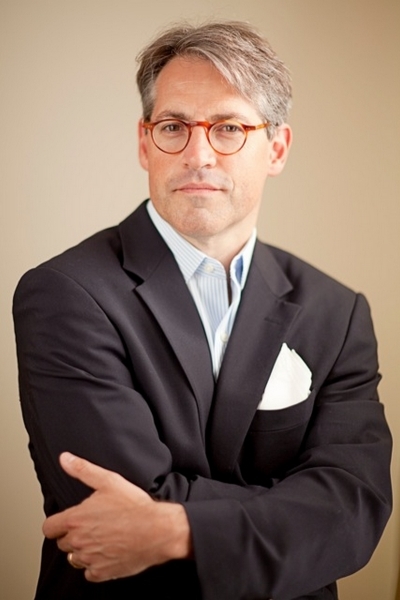We're More Than a Bag of Chemicals

You can learn a lot from fairy tales. But first you have to know whether you're living in one.
In Hans Christian Andersen's tale, "The Emperor's New Clothes," all the king's subjects go along with the consensus view that their monarch has a beautiful new set of royal garments. Just one small boy speaks the obvious truth — that the king is parading around without any clothes at all.
Something similar is happening in our day. Writing in the Wall Street Journal, Andrew Klavan, author of the new book "The Great Good Thing: A Secular Jew Comes to Faith in Christ," says our culture is under the spell of materialism — a materialism that categorically denies any spiritual reality and is completely blind to its own contradictions.
Take the observation of psychologist Steven Pinker, who said, "I don't believe there's such a thing as free will in the sense of a ghost in the machine, a spirit or soul. I think our behavior is the product of physical processes in the brain."
Of course, Pinker doesn't answer the obvious follow-up question: If that's true, then how do you know it? Mere "physical processes," absent a directing intelligence, give us no reason to trust their accuracy.
Pinker isn't the only one to have fallen for this illogical secular worldview. A lot of us have absorbed it subconsciously, which you can tell from our everyday language.
For example, Klavan points out, "People say they experienced an 'adrenaline rush,' not that they were excited." Or, "people say they are 'hard-wired' for certain behaviors and 'programmed' for others. The underlying message? A human being is a cross between a chemistry set and a computer, his actions governed solely by a series of discharges and sparks."
On the contrary, Klavan asserts, a "person doesn't make a choice because of processes in the brain. Those processes simply express the choice in the material world. Even if every impulse and every emotion is eventually mapped in the brain, there will still be not one iota of evidence that they originated there. It seems far more in keeping with what we know to assume that experience is spiritual and that the body expresses it the same way words express, but do not constitute, ideas."
This is not to dismiss the reality of chemicals and the like as markers of our physical existence — but we are more, much more, than a bag of chemicals interacting with our environment. The Bible presents us as embodied souls, with hints of both heaven and earth in our frames. If, as materialists suggest, that we and our choices and behaviors are merely chemical reactions, then things like love, virtue, right and wrong, are absolutely meaningless.
Which is why pure materialism leaves us vulnerable to despotism.
As Klavan writes, "Thinkers from John Adams to Marcello Pera have cited specifically Christian principles as the foundation of the West's freedoms. A materialist worldview leaves formerly Christian cultures philosophically weak when those freedoms come under attack. Materialism strips humans of the logic of their humanity — which is the whole point of Western liberty."
Breaking the materialist spell, Klavan writes, "requires rebelling not against scientific facts but against flawed scientistic logic."
So we will need more people willing to see what's before their eyes, challenge the secular illogic, and speak the truth — that the materialist emperor truly has no clothes.
And that's exactly what we seek to do here at the Colson Center: speak the truth and help you understand and defend the Christian worldview. Two things are coming up that you need to know about. First, we are accepting applications for the next class of Colson Fellows. Honestly, it is one of the best worldview training programs around. And also, please consider attending the 2017 Wilberforce Weekend, featuring Os Guinness and Ravi Zacharias. Come to BreakPoint.org to learn more.
Originally posted at breakpoint.org.






















